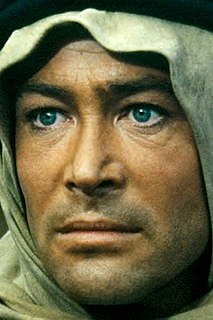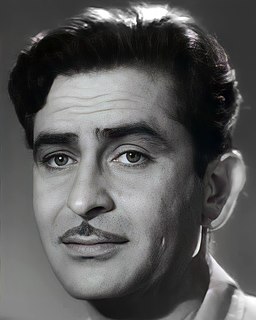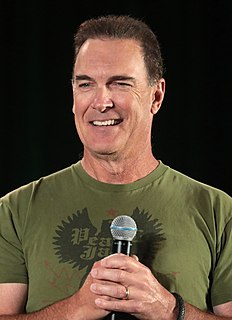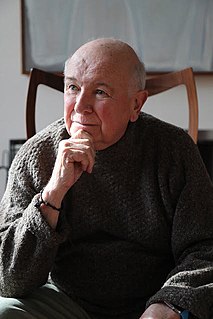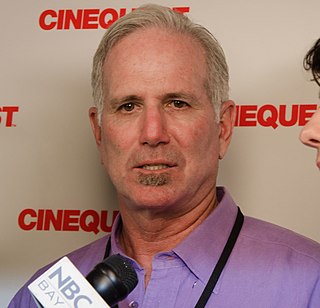A Quote by Peter O'Toole
In the theater you can chain a blue-assed baboon in the stalls and with a good script, good actors, and a good set you'd have what is called a production. With the cinema someone has to know about lenses and fine things. I have no time for the "auteur de cinema." To me, it's meaningless.
Related Quotes
I'm very pessimistic about adaptations from one medium to another. I've got a very kind of primitive, Puritan view of it. I tend to think that if something was derived for one medium, then there's no real immediate reason to think that it's necessarily going to be as good or better if adapted into another one. There have been very good stage plays that have made some very good films. But there are not so many differences between the theater and the cinema as there are between the cinema and, say, reading a book or reading a comic.
I think film is a world of directors. Theater is a world of actors. Or, theater is for actors as cinema is for directors. I started in theater. Filming is as complete as directing film. In theater, you are there, you have a character, you have a play, you have a light, you have a set, you have an audience, and you're in control, and every night is different depending on you and the relationship with the other actors. It's as simple as that. So, you are given all the tools.
Work with good directors. Without them your play is doomed. At the time of my first play, I thought a good director was someone who liked my play. I was rudely awakened from that fantasy when he directed it as if he loathed it. . . . Work with good actors. A good actor hears the way you (and no one else) write. A good actor makes rewrites easy. A good actor tells you things about your play you didn't know.
I’ve never agreed with the conventional wisdom that ‘actors are great liars.’ If more people understood the acting process, the goals of good actors, the conventional wisdom would be ‘actors are terrible liars,’ because only bad actors lie on the job. The good ones hate fakery and avoid manufactured emotion at all costs. Any script is enough of a lie anyway. (What experience does any actor have with flying a spacecraft? Killing someone?) What’s called for, what actors are hired for, is to bring reality to the arbitrary.
